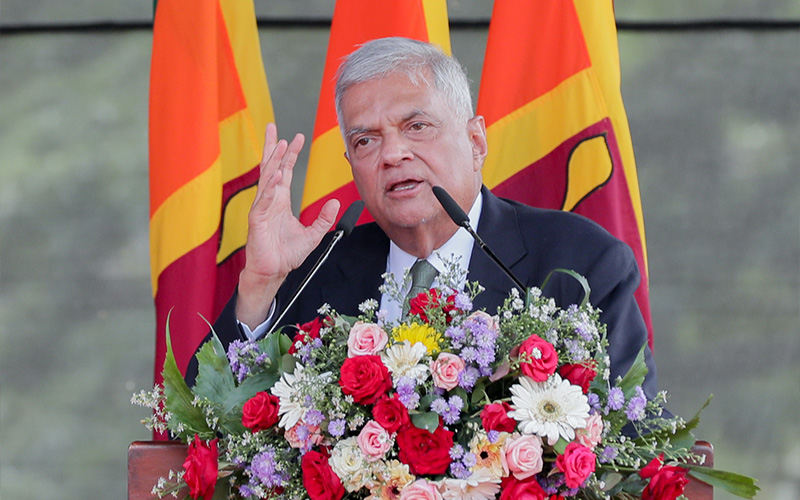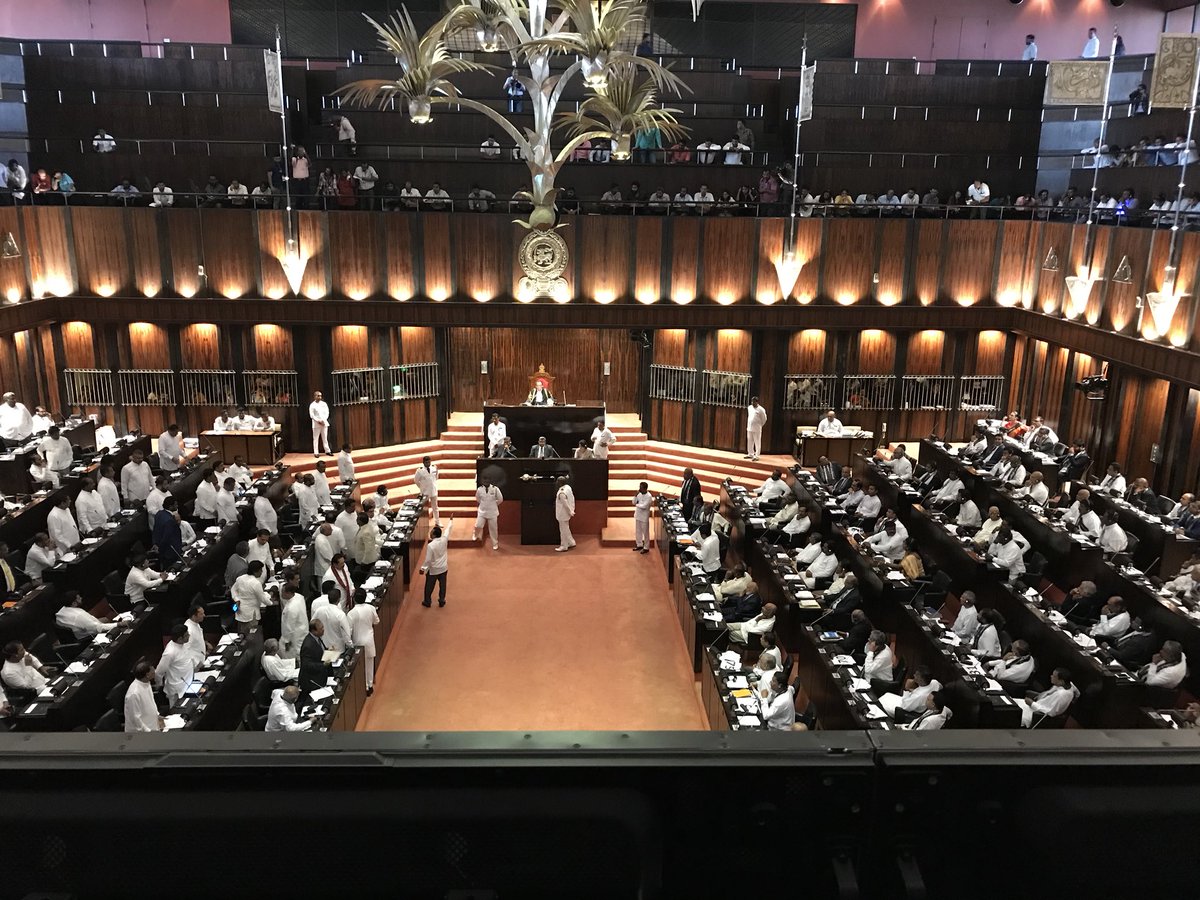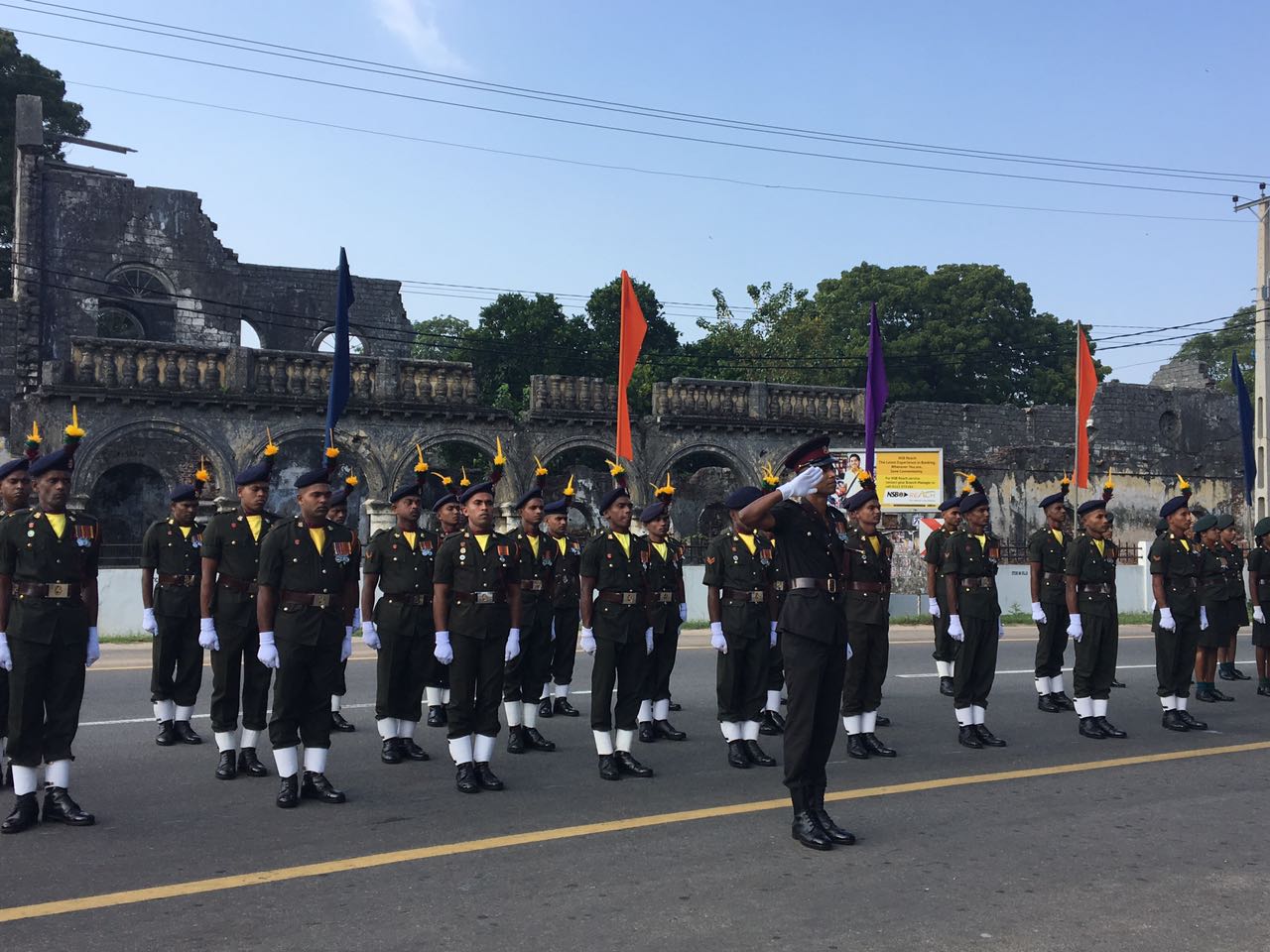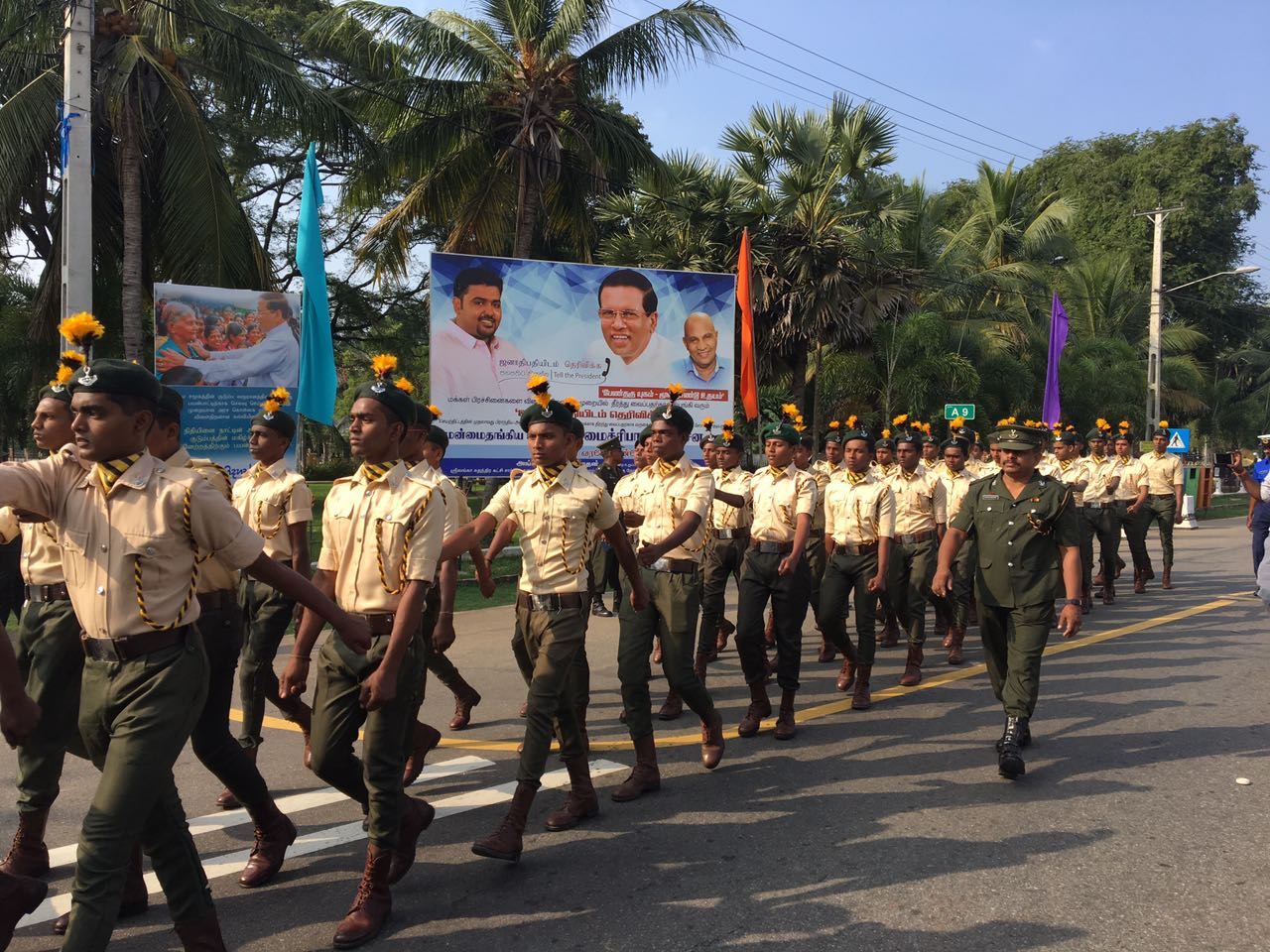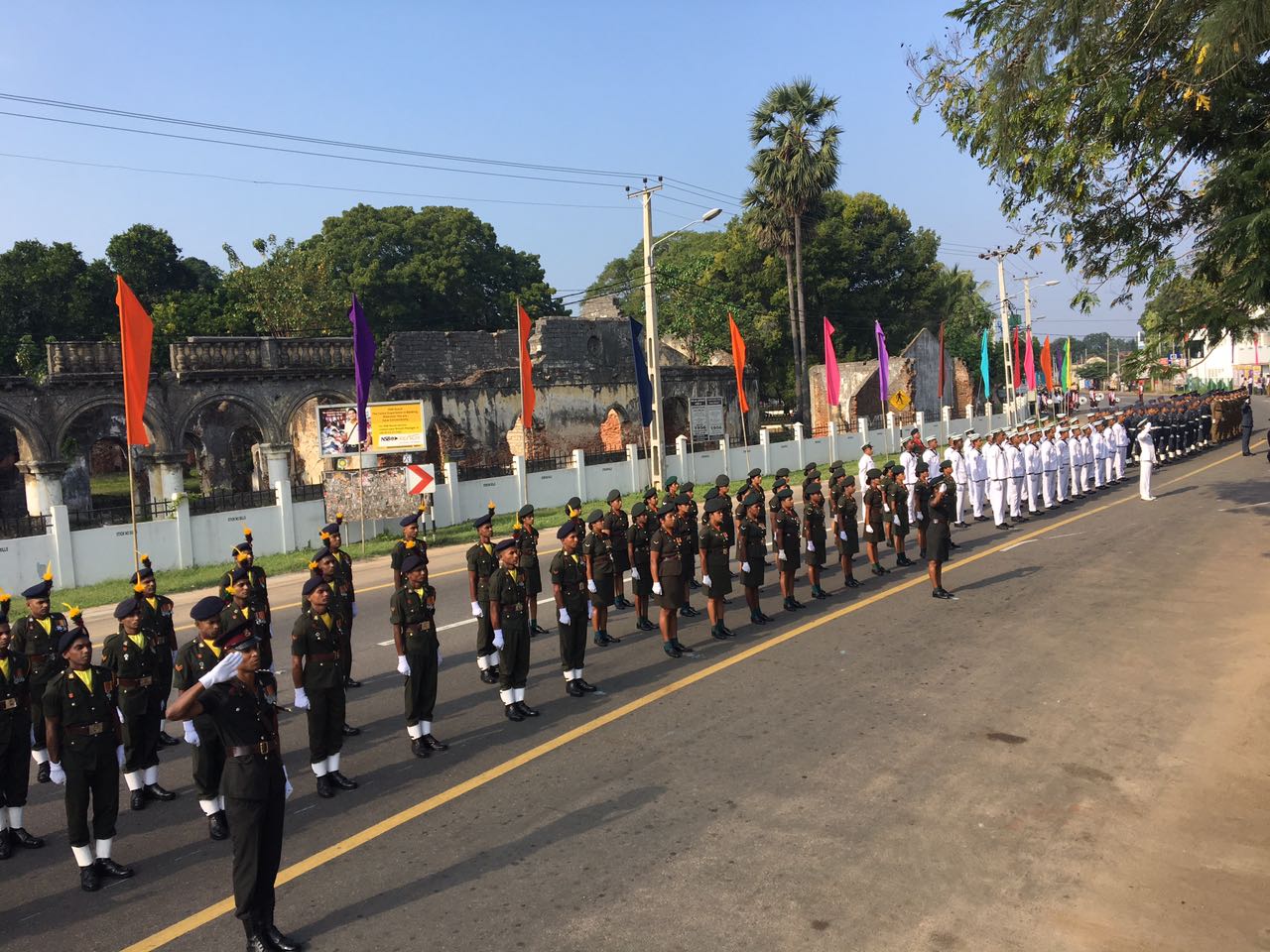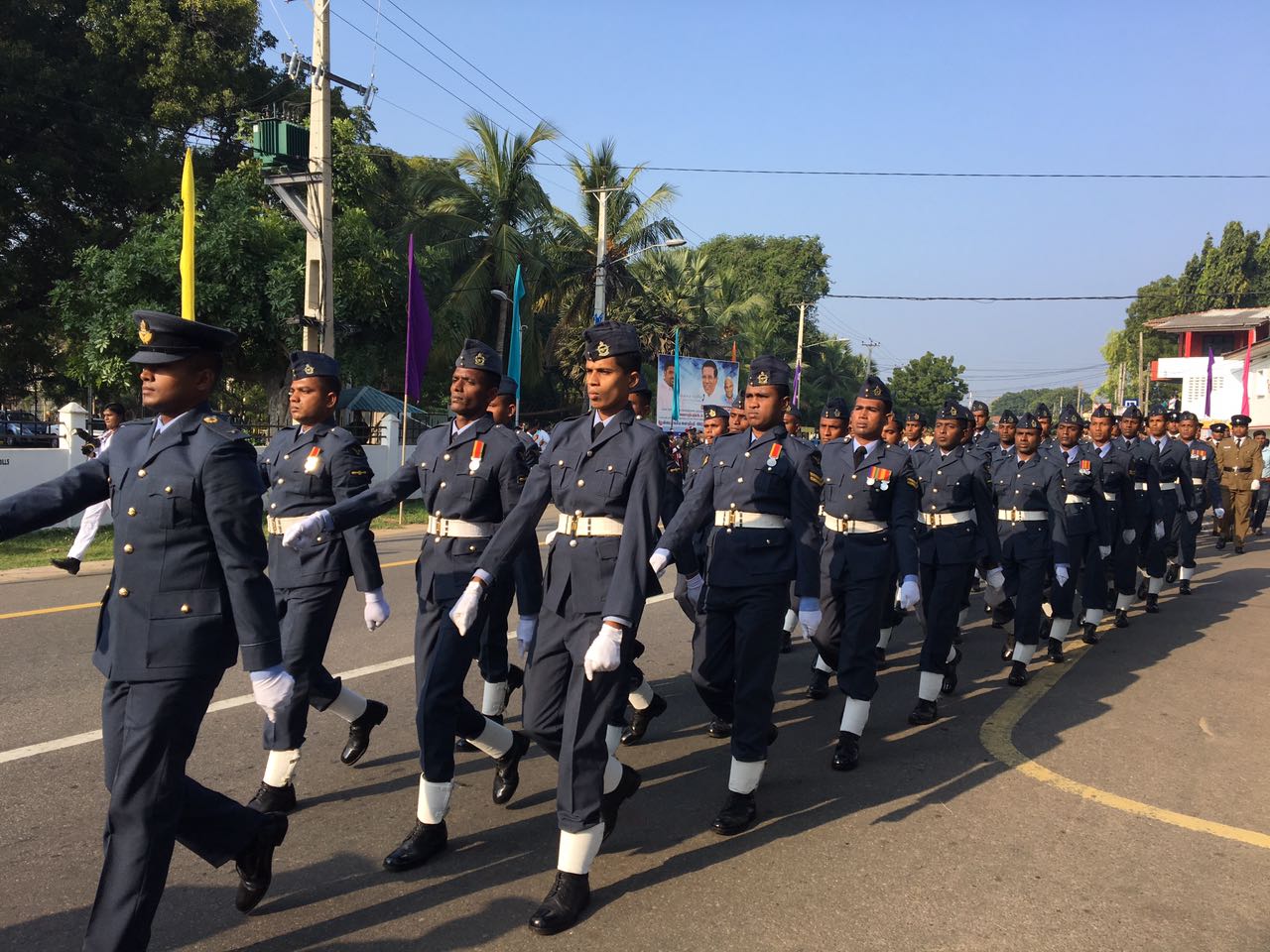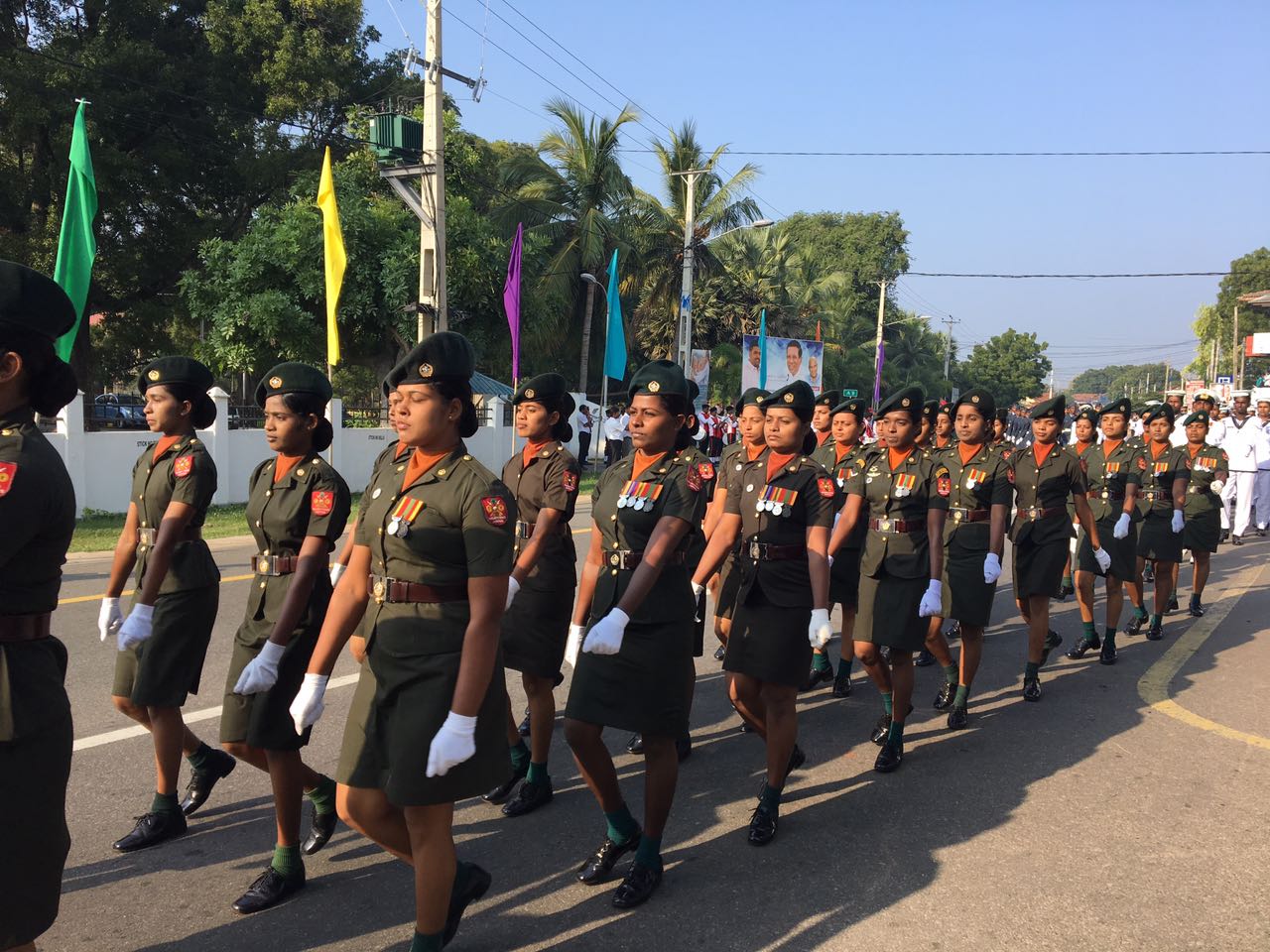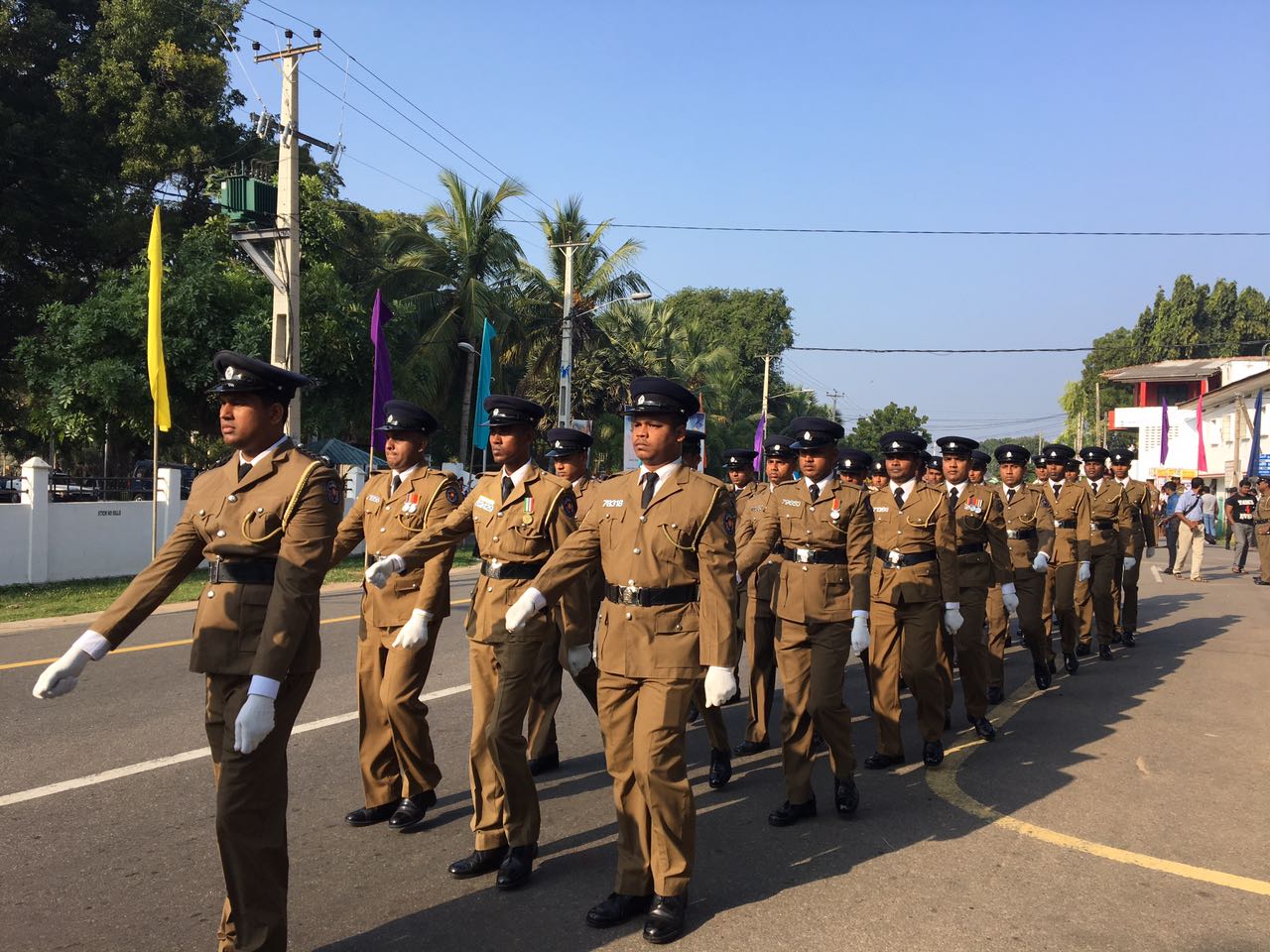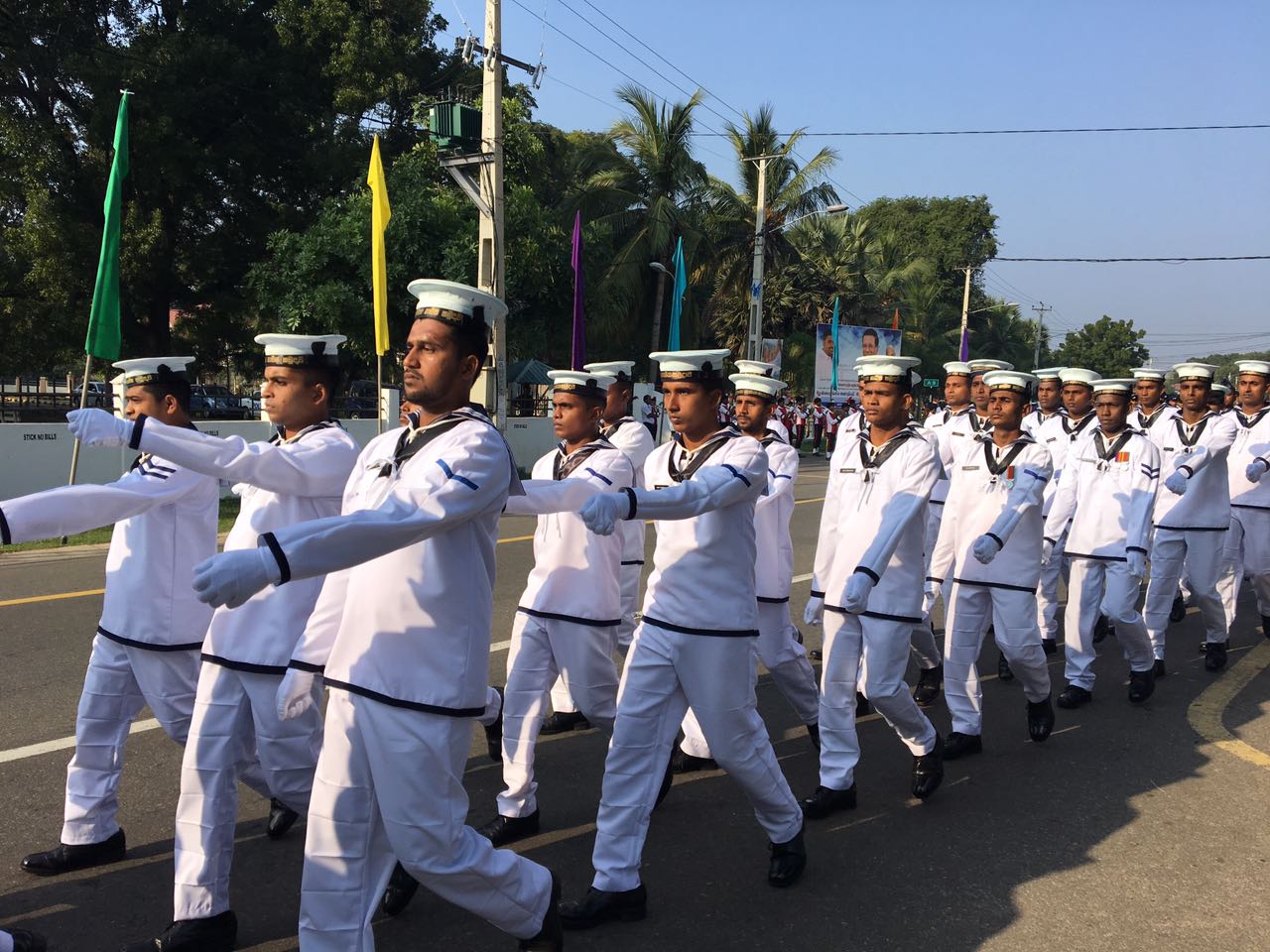Chunakkam police brutality continues, attacking innocent family
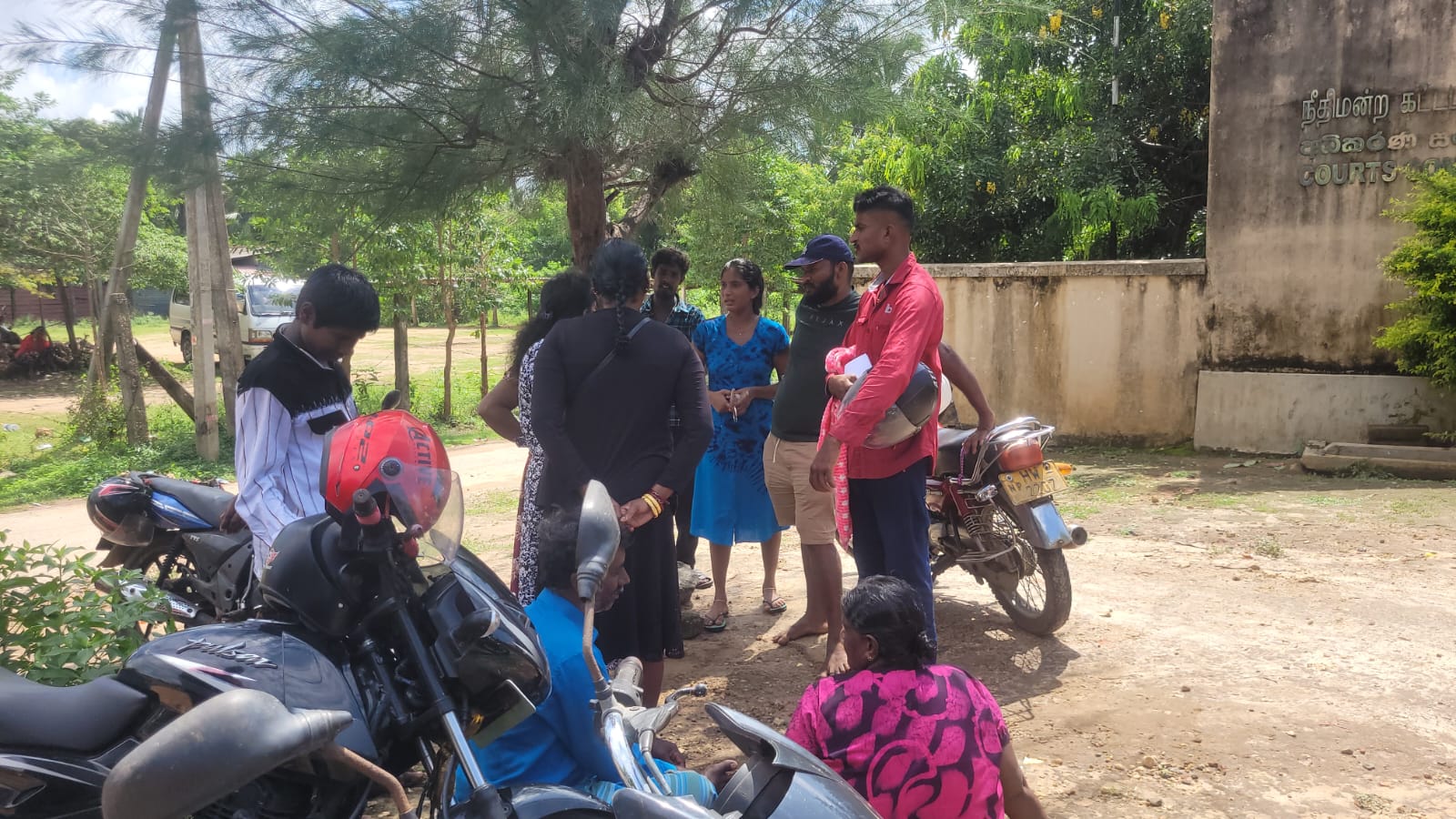
On Thursday, the Chunakkam police force carried out a brutal and unlawful arrest of two innocent individuals, leaving the affected families in fear. This follows multiple acts of police brutality in the region.
The victims were traveling with their family, including a two-month-old child, when two motorcycles overtook and collided in front of them. “We stopped our vehicle as there was no fault on our part,” one victim recounted. The motorcyclists involved were reportedly drunk, with bystanders confirming this.
The situation escalated when police officers arrived and demanded the driver’s licence. “He did not provide it because only traffic officers are entitled to request it,” the victim’s wife explained. The encounter turned violent as an officer in a black t-shirt assaulted her and forcibly tried to pull her husband away. “I resisted, holding my two-month-old child, and they hit me,” she said.
When her brother arrived in response to a call for help, he was also assaulted. “They even took my child and threw her into the bushes,” she added, highlighting the brutality of the attack. The public helped recover her phone after an officer threw it.
At the police station, the violence continued. “They have dragged them here and are still beating them as they scream,” the victim said, fearing for her husband and brother’s safety. The family, who rely on their vehicle for their livelihood, were left devastated. “We are surviving through that vehicle, which we purchased on lease only three months ago,” she said.
This is not an isolated incident. Similar cases of police brutality have raised concerns about unchecked authority and violence. The Chunakkam police force has a history of such behavior, including a past case involving Officer Sigera, who was implicated in the death of an individual found in a well.
“In my 43 years, I have never seen such cruelty,” the victim’s sister said. “They hit a two-month-old child. They hit me on both sides of my head.”
Despite political changes, the persistence of such brutality highlights the urgent need for reform. “They were not like police; they were like thugs,” the victim’s sister declared. The call for justice and an end to police brutality is stronger than ever.
This incident, in hand with the many others, highlights the pressing need for accountability and systemic change within the police force. The affected families demand justice and assurance that such violence will not be repeated. The ongoing investigation must be thorough, and those responsible held to account to restore public confidence in law enforcement. Read the full accounts from the individuals involved below.
Statement from the lawyer
"Yesterday, in relation to the court case involving the Chunakkam police force’s brutal and excessive actions against a vehicle carrying members of the public, two innocent individuals were intentionally and unlawfully arrested and presented in court."
During the proceedings, we highlighted the unwarranted actions by the police force- those meant to uphold the law and protect the public- who instead acted beyond their authority.
The police have submitted the required evidence and witnesses, and the court has ordered that the victims may be interrogated for a week. The affected police officer who was receiving treatment at Tellipalai Hospital was also included. A member of the public, who was traveling with his family, including a two-month-old child, was attacked, along with the mother and other women present. We have requested that CCTV footage of this incident be found and submitted to the court. The court has ordered the immediate submission of this evidence.
As we have filed this case against the police, it has now been handed over to the Deputy Inspector General of Police, who has instructed that the investigation continue. We remain committed to clearing the names of the affected individuals.
Despite a political change to Anura Kumara Dissanayake, the nature of these incidents has not changed. The police force’s brutality and lawlessness persist. As you are aware, a member of the Chunakkam police force, Officer Sigera, was previously involved in an incident where he attacked and killed a person, placing the body in a well, which led to a case against him. Now, similarly, the arrested individuals have been taken to the police station, where they were brutally assaulted.
One of the victims, the brother of the driver’s wife, is currently receiving treatment at Jaffna Teaching Hospital. The police have shown excessive violence against people traveling as families, without distinguishing between men and women. Continued investigation into these cases is essential. Thank you."
Statement from the victim
“As we were coming along the road, two motorcycles overtook us and collided, causing them to fall. We stopped our vehicle as there was no fault on our part. My sister, husband, and I were traveling. The people who fell were drunk, and the public said not to worry as he was under the influence of alcohol.
Suddenly, the police arrived and asked my husband for his licence. He did not provide it because only traffic officers are entitled to request it. A police officer wearing a black t-shirt hit me, and they grabbed my husband’s hand and tried to pull him away. I resisted, holding my two-month-old child, and they hit me.
I called my brother, telling him that we were being attacked. When he arrived, the police hit him and my sister. They even took my child and threw her into the bushes. When I protested, an officer in a white t-shirt threw my phone, but the public helped me recover it. As my husband tried to get in the van with our child to go to the hospital, they dropped the child and hit him with their hands. A police officer in a blue t-shirt stood in front of our vehicle with a metal pole, threatening to break it if we moved. They struck my brother repeatedly with the pole as he tried to take the child to the hospital. Even now, they have dragged them to the police station, where they are still being beaten as they scream.
It’s only been two months since my child was born. We are scared they will harm my brother and husband. This child could lose her father, and without them, we have no one. I am worried something will happen to my child. We want justice. We are surviving using that vehicle. They have taken everything. There is a camera in front. We want justice.
They ran over like thugs, hit us with metal over and over again. They hit my sister, they hit me. The accident happened and we stopped. We were not at fault. The people who had been involved in the accident had been drunk. They asked for his license to break it. They’ve brought them here and are still hitting my brother and husband.
The police say they don’t know who we are talking about. How can you handover someone you don’t know? How can I live tomorrow if they kill my brother and my husband? My brother’s family and my own family will become orphans. Would anyone throw a child into a bush? You came and fell over, that’s your own fault. We stopped. The traffic officer should have come and taken the case. Then why did you hit us?
As they were drunk, they tried to turn it on us by trying to take our licence and break it. We want justice sir. We are surviving through that vehicle, which we purchased on lease only three months ago. We want justice. My brother’s body is covered in bruises. The public won’t come forward as witnesses, but there is CCTV footage. If we hadn’t picked up our child, they would have stamped on her and killed her.
We want justice.”
Statement from the victim's sister
“This needs to go to the president. The police have hit women. In my 43 years I have never seen such cruelty. I thought they were thugs. They had police written on their t-shirt. They hit a 2 month old child. They hit me on both sides of my head. I was scared that they were thugs. This is anarchy, we are scared, we can’t live. We are going to leave this world, we are scared to be in this place. This is a matter of our honour. They were all drunk. They asked for the licence to break it, and we didn’t give it. They told us we will not let you go. They hit them as they held their child.
They started hitting the public who were watching. The problem is, they wanted to throw our licence and we didn’t give it. They have hit them so hard that they’ve ripped their clothes [in the station]. They were not like police, they were like thugs. We want to see the police who hit women. If not we will immolate ourselves as a family. They took our respect away. We are upset, they are attacking us in our village, and the surrounding people were watching. They hit the boys who were taking videos. They hit me on either side of the head and now I’mk struggling to hear.”


